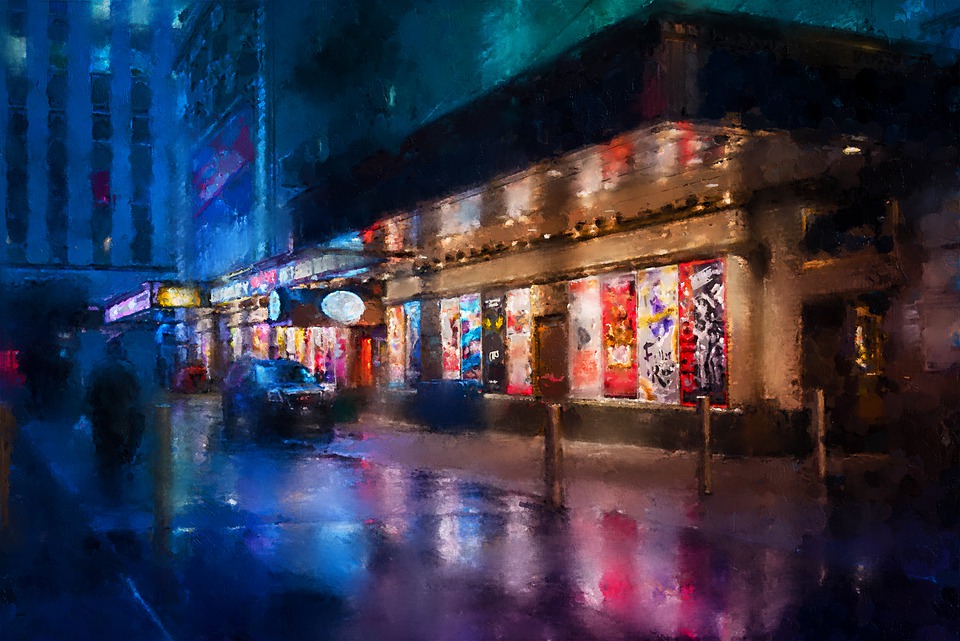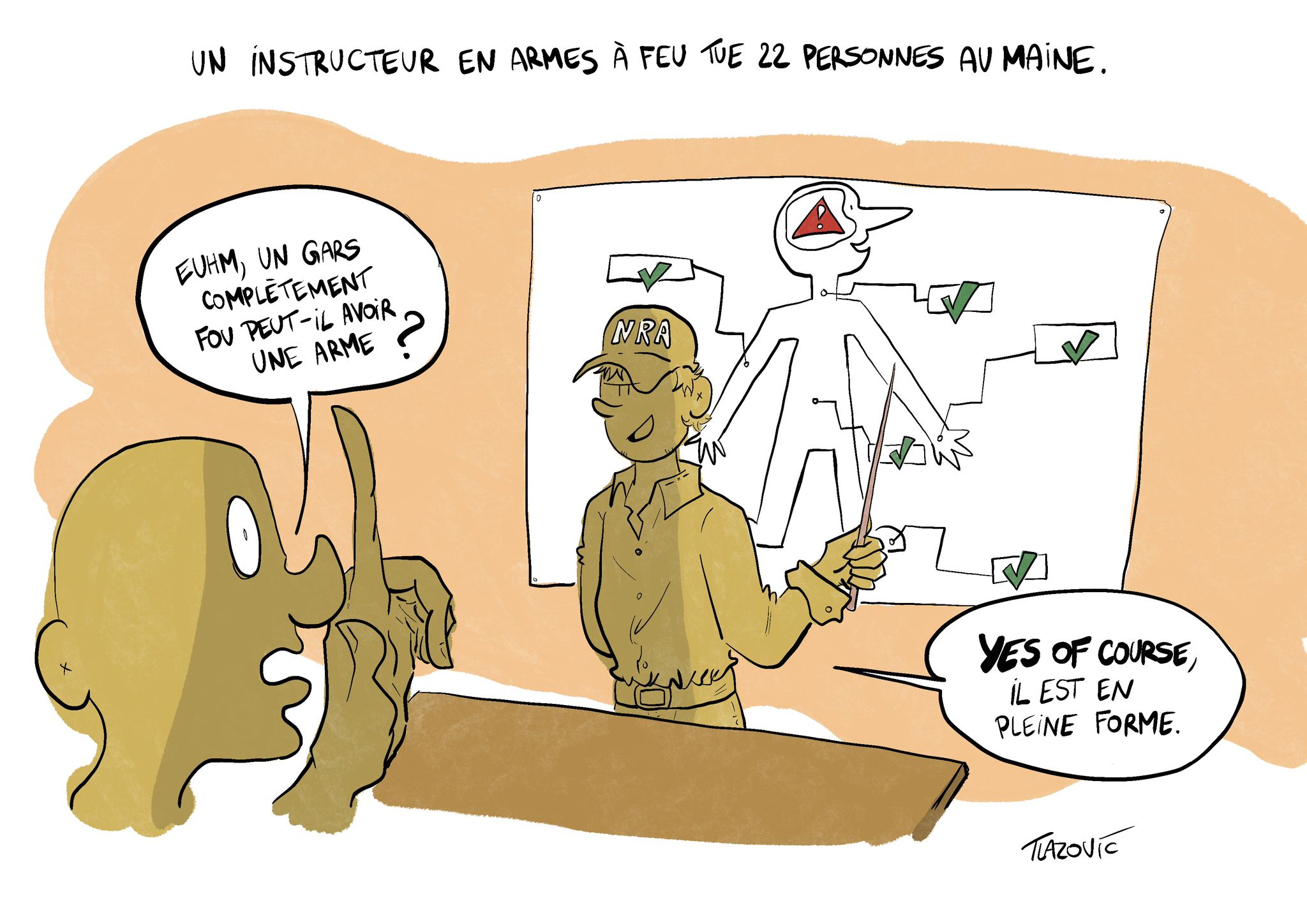In recent weeks, reports about women* being drugged by use of syringes in British bars and clubs have made headlines throughout Europe. The terrifying trend seems to have gained traction at the beginning of the new university semester in Britain’s university cities (1).
Multiple young women reported having experienced trouble standing, walking and speaking. They had memory loss and fainted during nights out. Some seem to have found small holes in their bodies, suspected to be the places where the drugs were injected (2).
While women were already concerned about getting their drinks drugged in bars and clubs with so called date rape drugs – mostly either GHB or strong tranquilizers – now the fear is amplified by the threat of infliction of concrete bodily harm and even potential health risks due to unsanitary use of needles (1).
In response to the 24 reports of needle spiking and an additional 198 concerning drink spiking across the UK within the last two months, women have started to boycott clubs and bars, following the initiative Girls Night In. They are refusing to go out in order to call for better security measures against these attacks (3). A group of students have created a “Spike report” website, where victims can report attacks anonymously. In the first nine days since its creation the site has received 160 reports of drink or needle spiking, with more being added each day. (4)
The discussion of the issue has not stayed within the British boarders. Over the past few weeks, rumours about needle spiking have also started circulating in Switzerland, more specifically in the french-speaking part of the country.
A post was widely shared on social media showing an anonymous text message (5) that was warning people of a serial incident in a popular nightclub in the city of Lausanne. The author of the post explained that around 49 students were drugged via needle injection at a night out organized for students of the Lausanne Hotel School (5). The post created outrage on social media and worried many.
However, the Lausanne police have issued a statement concerning the event, saying that they did not receive any reports of injection spiking (6). When contacted by journalists from the RTS, the Lausanne university hospital also confirmed not having treated anyone drugged via needle, and the Lausanne Hotel School denied having talked to anyone who was a victim of this attack. The owner of the club has taken legal action against the originator of the post and is now suing them for defamation (5).
At this stage it is unclear whether the lack of reports is an indication of fake news propagated by the social media post or if it means that victims were too scared or unsure about what happened to them to make any reports. With no official reports, it is unknown how the social media posters knew about the 49 cases. The police and the Hotel School are calling on any victims to come forward (6).
Whether real or fake, the fear caused by these rumours is not surprising. There are real cases of needle spiking and the numbers seem to go up. Moreover, the issue fits into a wider conversation about women’s bodily autonomy and a culture that objectifies them to the point where their consent is no longer imperative. Not only are women warned about date rape drugs from the moment they start going out, but rape culture and finding ways of protecting oneself against it are issues women have to deal with on a daily basis.
Statistics provided by UN Women show that almost 1 in 3 women above the age of 15 has experienced some form of sexual violence in their life (7). UN Women UK have published a study in March of this year stating that in the UK, 71% of women have experienced sexual harassment, the number going up to 97% in women aged 18 to 24 (8). In Switzerland there are fewer numbers available, but according to a study funded by Amnesty International 1 in 5 women in Switzerland have suffered unwanted sexual acts (9).
It does not stop there. Patriarchal, gender-based violence can take an even darker turn. At the time of writing this article, there has already been 25 cases of women killed by men close to them in Switzerland this year alone. This is approximately one life taken every two weeks (10). Violent rape culture and patriarchal oppression are serious threats to women’s safety and, as revealed by the increase in needle spikings, perpetrators seem to constantly find new ways of poisoning women’s lives with them.
Just as it is unclear how to resolve the general problem of sexual and gender-based violence, the solution to the needle and drink spiking issue is also up for debate.
Date rape drugs are a pervasive form of sexual violence and it is often hard to talk about or take legal action against, so it is likely that many of these attacks go unnoticed and the perpetrators go unscathed. In many cases, nightclubs refuse to take responsibility for these crimes committed in their establishments. The blame is placed on the party-goers and hence the victims. In France and Belgium, movements like Balance ton bar try to address this by sharing the stories of victims on social media and demanding better security measures in bars and clubs (11).
Similarly, the Girls Night In movement states that they want to force bars and clubs to organize better security measures by denying them their business (3).
In Geneva, the feminist collective Engageons les murs has also shared stories of victims on social media and is calling for a boycott on nightclubs. They organized a demonstration on Friday the 12th November asking for a safe nightlife without violence or fear (12).
Some opposing voices argue that women having to abstain from going out and having fun should not be the solution. On the contrary, they encourage them to go out and not be intimidated by these cases (3).
In the end, the attitude driving the perpetrators of these spikings is one of misogyny and a want to have control over women’s bodies. This insidious ideology reaches into many other areas of social and political life and the solutions against it will most likely need to attack the issue on a much wider scale than just the question of protection against date rape drugs in nightclubs.
*Nota Bene: In this article, I focus on women as the victims of these attacks, as this is the colloquial framing used in my sources. I want to make clear that these attacks and more general sexual violence are very often also targeted towards other marginalised gender identities and minorities. The more intersections between these categories a person represents, the higher the likelihood that they have experienced some form of this violence.





Laisser un commentaire
Vous devez vous connecter pour publier un commentaire.